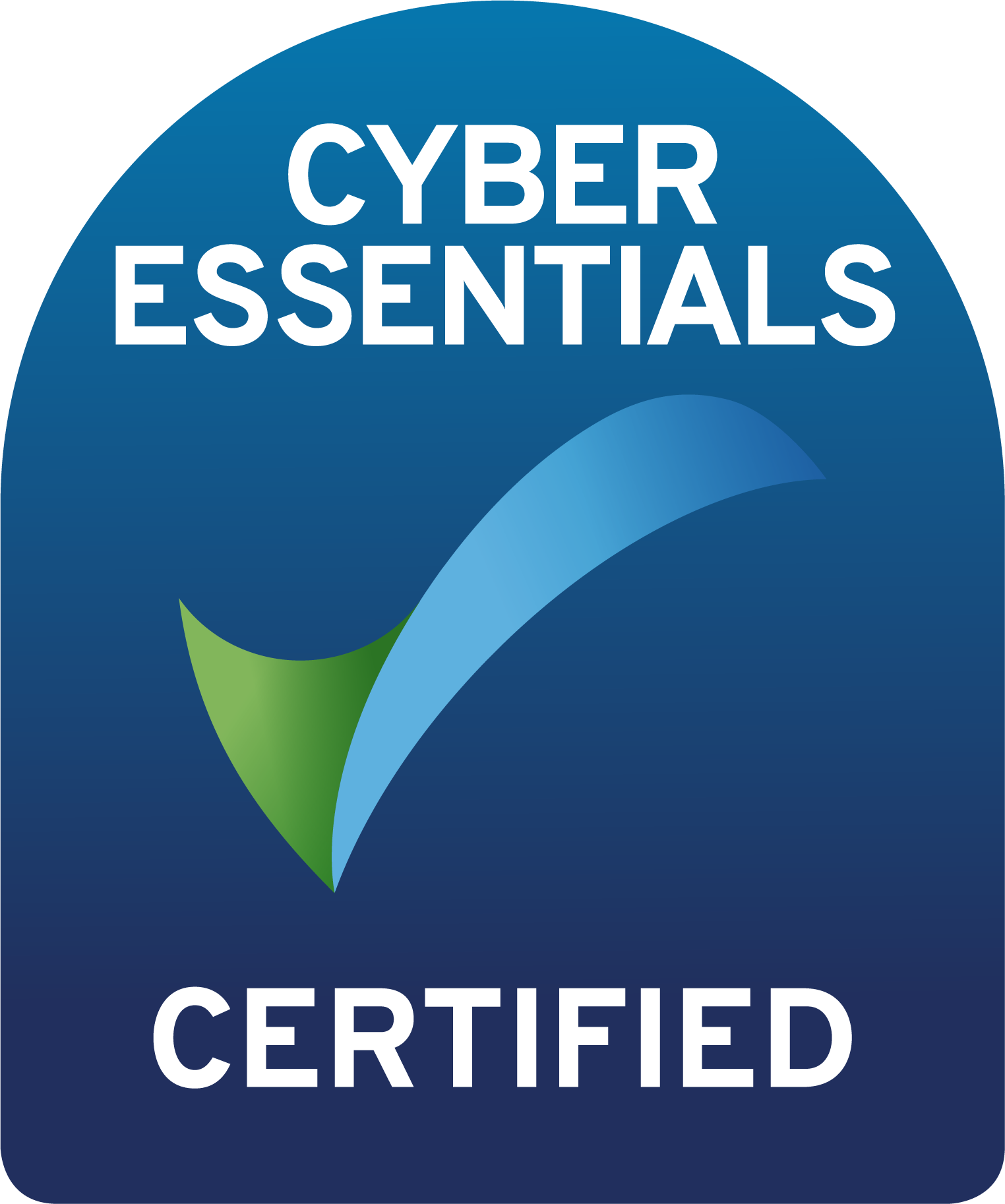
Bookkeeping tips for startups
Bookkeeping, Business - 09/09/2021
During the Covid-19 crisis, many businesses faced challenges and setbacks as lockdown restrictions put the pressure on. That said, it wasn’t all doom and gloom.
Research conducted by Natwest has revealed that 50,000 start-up businesses were created every month in 2020. That’s a 30% growth compared to 2019 and has set a new national record.
If you’ve made the leap to running your own business, you may be on the lookout for advice on how to keep on top of your bookkeeping. We’ve got you covered with some tips on how to handle bookkeeping for your new venture.
Keep records of payments
When you start a new business, it’s vital you keep track of every payment you make from day one. It’s important to make sure you have a clear record of when payments were made, making it easy to find them if you need to refer to them at a later date.
Keep track of expenses
It’ll come as no surprise that you’ll encounter new overheads and costs when you go from being in employment to running your own business.
The good news is that you can claim tax back from a variety of different business expenses. This will help reduce the overall amount your new business spends on overheads. Keeping receipts well organised is good practice, you’ll need these when it’s time to claim the tax back from HMRC.
Set and stick to routines and deadlines
Getting into good habits early on will stand you in good stead for the future. Allocate a specific day and time of the week to go through your receipts and invoices. Making late payments is bad for your reputation and receiving payments late can lead to cash flow problems.
34% of small business owners experiencing late payments say they have to rely on overdrafts to help them meet their monthly obligations. When you set time to regularly review your incomings and outgoings you can easily foresee any potential problems.
File invoices and statements correctly
Not only is it important to set aside time to manage your invoices, statements, and receipts; it’s just as important to make sure these are properly organised. Otherwise, you’ll spend too much time trying to sort these documents later. You also run the risk of documents going missing which could result in being issued with a late filing penalty. It pays to make sure your records are in the right order and the right place.
Know when it’s time to outsource
When your business starts small you may decide to handle everything, including bookkeeping, on your own. As your business grows, it can become difficult to find the time you need to dedicate to staying on top of your business’s finances. As a business owner, your time can be better spent growing your business instead of working on accounts.
That’s where Numero can help. If your business is ready to grow and you want to make sure your accounts are in safe hands, get in touch with us today.
More from the Knowledge Hub
From information and help around all things accounts, to our thoughts and commentary on what’s happening in the world of law and finance – you’ll find it all here.
Understanding the AAT Code of Ethics
At Numero, we’re not just experts at managing accounts; we’re also committed to managing them […]
Introducing Darren Whelan, our new Head of Compliance!
Darren is a legal finance and compliance specialist with an impressive career that spans four […]
Top 8 bookkeeping mistakes made by new businesses
Let’s face it… starting a business comes with its fair share of challenges. From securing […]
Accounting ethics – Dos and don’ts and why it matters
Accounting ethics refer to the principles, values, and standards that guide the behaviour and decision-making […]
